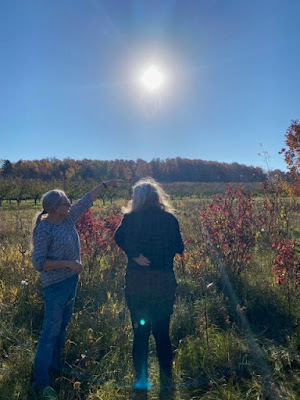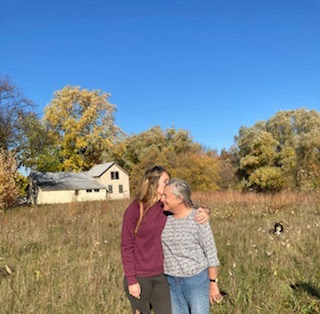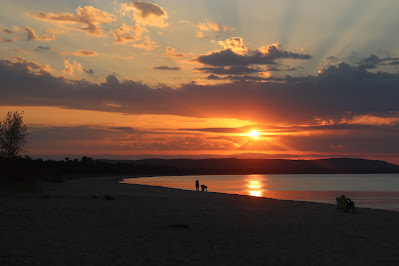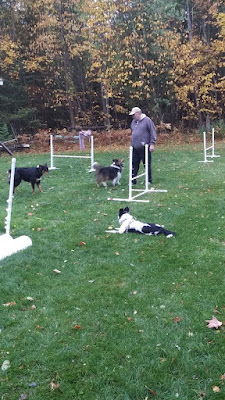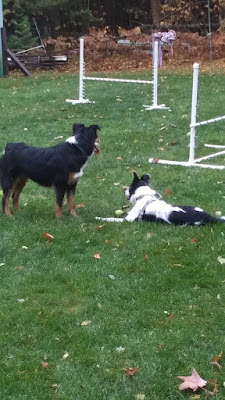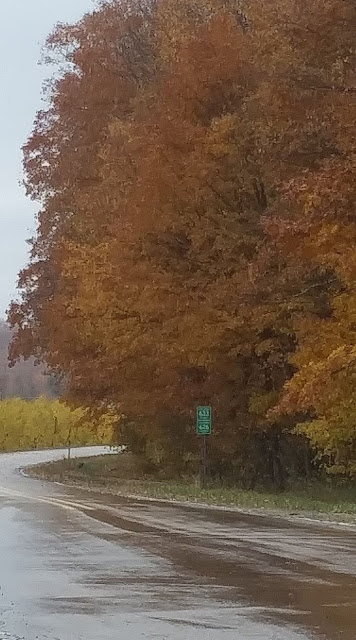 |
| Copy of my mother's well-loved book |
It’s wonderful that more and more books are being written by American authors across a wide range of racial and ethnic, ability and gender identities, books in which children who don’t fit the 1950s “Dick and Jane and Sally” mode can recognize themselves, maybe for the first time. I also hope, however, that children who do fit the “Dick and Jane and Sally” mode will explore and enjoy books with characters who come from backgrounds different from their own, because that’s what made the world richer and more complex for me when I was growing up.
My mother loved Anne of Green Gables. Anne was an orphan; I was not. Anne was Canadian; I was not. Anne's lifetime came well before mine in history. Anne was red-haired, outgoing, and had an impulsive temper, whereas I was a quiet, brown-haired, painfully shy child, but reading a book that featured a main character so different from myself gave me insights into what it might be like to be a another kind of person, someone whose responses to situations were very unlike my own.
The book Janitor’s Girl, by Frieda Friedman, introduced me to urban apartment living and a family of immigrants in New York City, a neighborhood and characters and living situation nothing like my own suburban life. Again, I lived that urban immigrant life vicariously while reading the book. How dull my childhood would have been if I had read only books with characters whose lives were like mine!
The Black Stallion, by Walter Farley, was a favorite book of mine for many years, and there weren’t any girls in it at all. (Funny that girls will read books with a boy as the main character, but boys shy away from books in which the main character is a girl.) A boy and a horse, shipwrecked on an uninhabited island? How would they survive? In my imagination, I lived that story over and over as if it were my own life.
I was 12 years old, about Anne’s age, when I read the much more serious The Diary of Anne Frank, and the effect on my heart and mind was profound. A Jewish girl, forced into hiding with her family, their circumstances horribly and unimaginably constrained during the Nazi Occupation of Holland. But there – reading it, I did imagine and was horrified and wanted so much for that little girl to survive and be my friend! These days some people don’t want young people Anne’s age to read her story, and that breaks my heart all over again for her. She wanted to be a writer. She was a writer, young as she was, and although she died, she left her diary for us, the story of a real girl with hopes and dreams and feelings and ambitions. Everyone should read her diary!
Mildred Taylor is not all that much older than I am, so she had not yet written her books when I was a schoolgirl, but discovering them in adulthood has opened new worlds to me. The first Taylor novel I read was The Land – again, a book I wish every American would read. Click here for a review that will give you reasons.
My mother loved the novels of Gene Stratton-Porter, but only in recent years did I finally read Freckles, astonished to learn that the main character had only one arm! Yet the author hardly dwelled on what the young man lacked: the emphasis was on what he had and could do. Although this author was as popular in her day as J. K. Rowling is in ours, her stories are very different from today’s popular literature for young people. They are unabashedly “wholesome” and sentimental. Still, the freedom and beauty of the natural outdoor settings remains.
My friend the author Ellen Airgood has written two books for young people, Prairie Evers and The Education of Ivy Blake. Ivy appears as Prairie’s friend in the first book and takes center stage in the second. Ivy’s mother probably should never have had a child, but we don’t choose our parents, and it is Airgood’s gift to show us Ivy finding her way without ever sugar-coating or sentimentalizing her discoveries or stooping to unbelievable miracles.
Well-written stories of difficult lives and challenging life situations help stretch our imaginations and expand our circle of empathy. They let us travel outside and beyond the limits of our own skins. This is a good thing!
Today – Saturday, October 29th -- is the last day of my Dog Ears Books 2022 season, but I will keep in touch via this blog throughout my winter seasonal retirement, and my bookstore will re-open in the spring of 2023 for its 30th anniversary year! Can you believe it? It’s amazing to me.
Were there books you read as a young person that opened your eyes to lives very different from your own? What were they? What are you reading now, and what do you look forward to reading over the winter?
 |
| Last day of 2022 season is today! |

